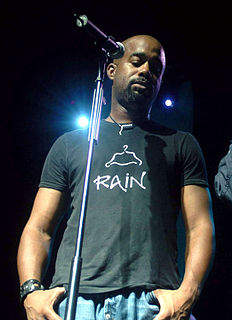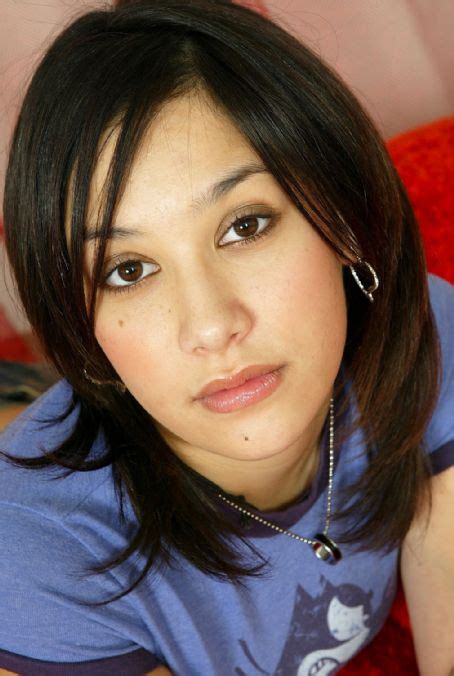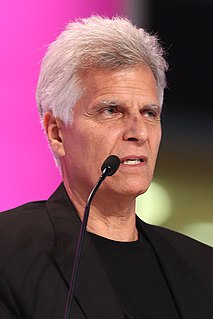A Quote by Jonathan Levine
I have about 100 gigs of music, and I'm always going through thinking about what song I can match to a scene and all that.
Related Quotes
When I'm playing music I'm usually not thinking of surfing, just because I'm usually thinking about the chords and the lyrics, and sometimes that messes me up 'cause you'll start thinking, "Wait, how am I doing this?" But when I'm surfing, I'm usually thinking about music - whether it's an idea for a new song, or just singing a song in my head.
My thought process when I'm on the court is always thinking about getting better, and thinking about how I'm playing. Thinking about it as a process, as the big picture and what I need to work on, instead of being close-minded and thinking, 'I'm so nervous and have to win this match, if I don't, it'll be the worst.'
When I create a song, I immediately think about what I'm going to wear when I perform that song. I think about the music video treatment and about how I'm going to look on stage when I perform the record. The connection is so obvious that it's a single package. An outfit, to me, is almost a tool to express the music.
have a much harder time writing stories than novels. I need the expansiveness of a novel and the propulsive energy it provides. When I think about scene - and when I teach scene writing - I'm thinking about questions. What questions are raised by a scene? What questions are answered? What questions persist from scene to scene to scene?
You are hearing this song, and you're 16, and it's a song about love, or a girl. And then maybe there's a girl at school that you like. So you're going to be thinking about that girl. That song is sort of about that girl. The songwriter doesn't know that girl, obviously. He wrote it for something else. But there's the specific meaning with the universal again.
Thinking about making a love story without music was really frightening, Sciamma admitted. Because every love story we know, we think about 'Titanic' we think about the music, we think about 'Gone with the Wind' we think about the music, we think about 'E.T.' we think about the music, and every love story has its own tune, 'That's our song.'
I never cared about making one coherent masterpiece with a conventional narrative. I always wanted my movies to have images falling from all directions in a vaudevillian way. If you didn't like what was happening in one scene, you could just snooze through it until the next scene. That was the thing about vaudeville: You didn't have to worry about the beginning and ends of these things.






































